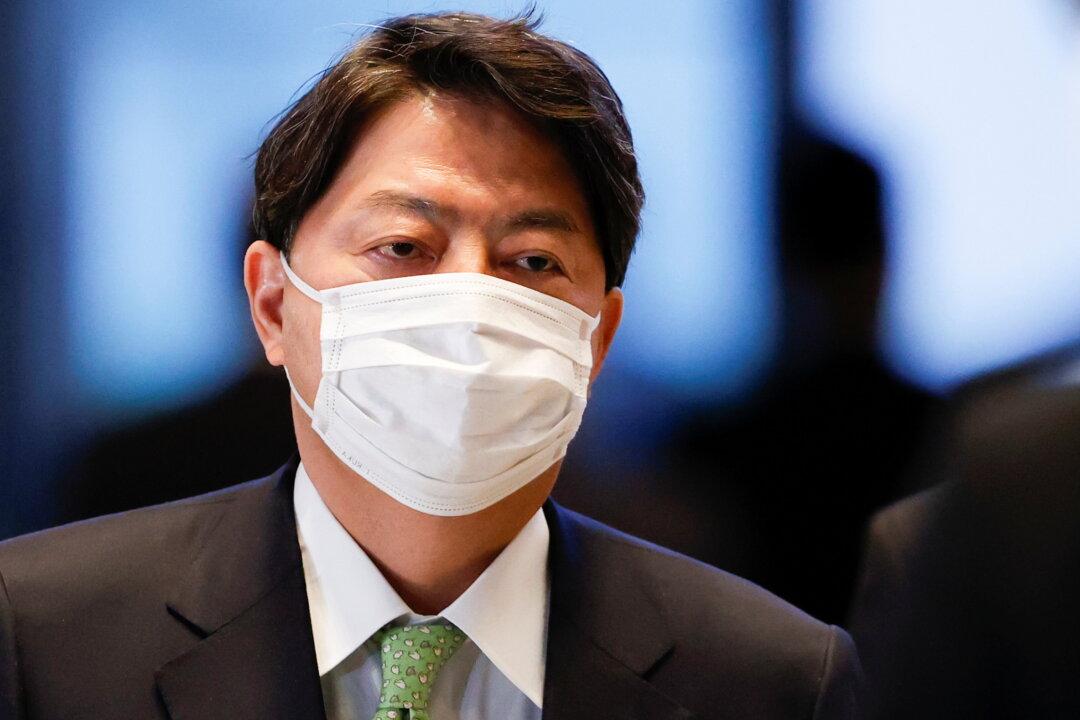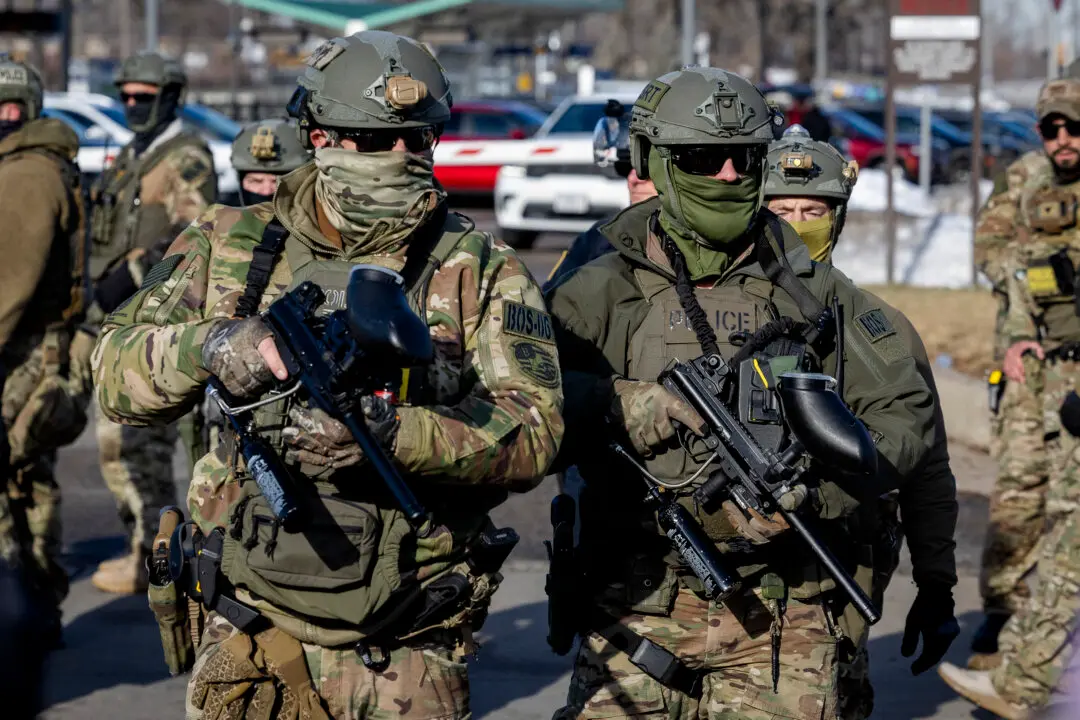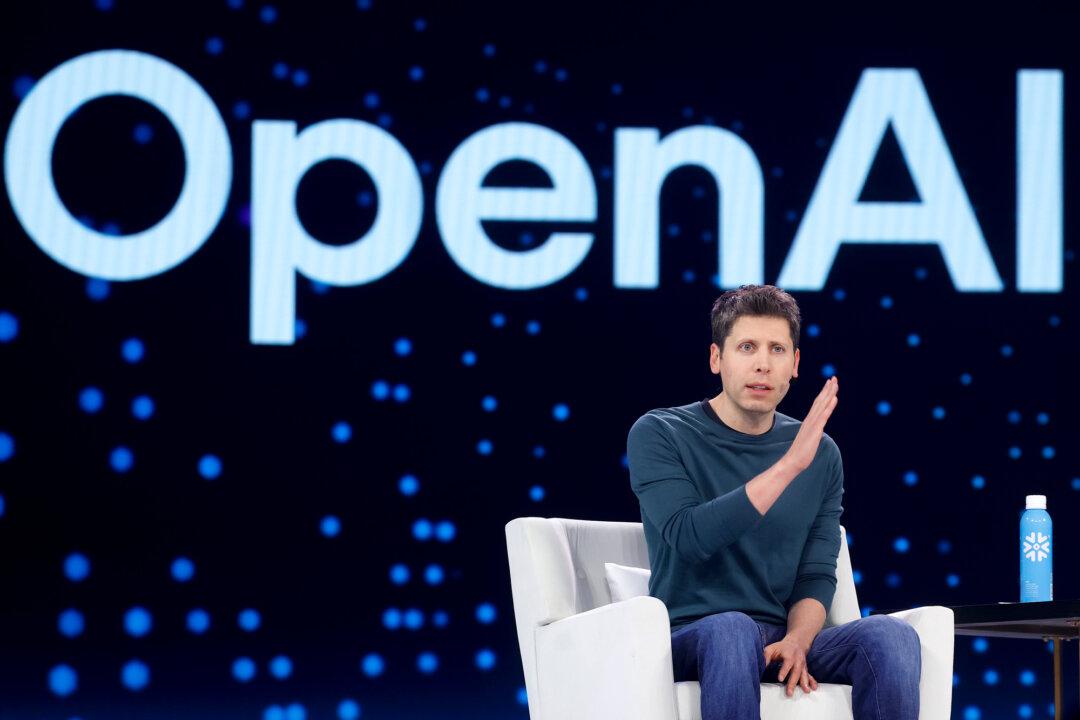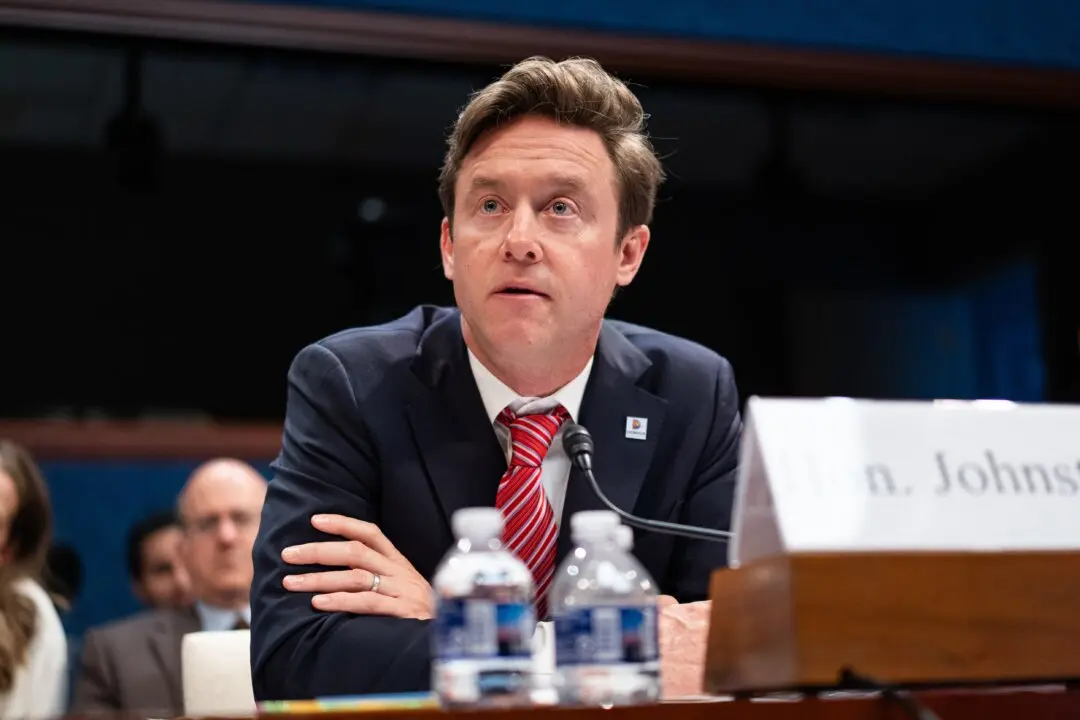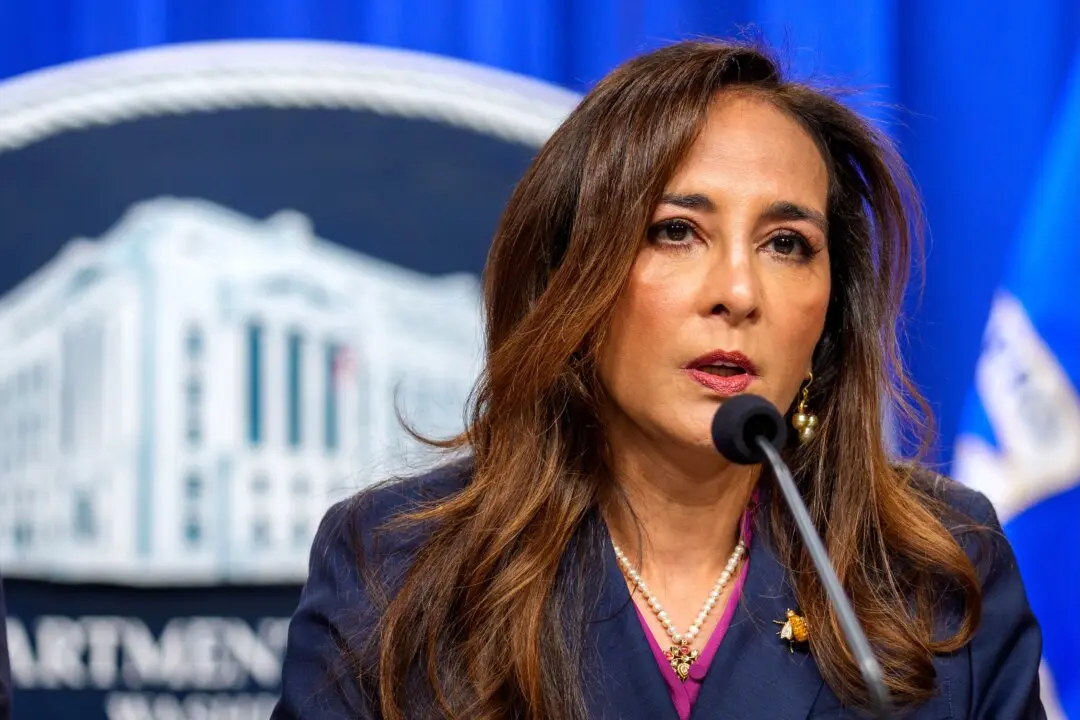Japan’s foreign minister met with the Solomon Islands leader on March 19 and brought up a controversial security pact that Beijing and the Pacific Island nation entered into last year, according to Japan’s government.
During his visit to Honiara, Foreign Minister Yoshimasa Hayashi told Solomon Islands Prime Minister Manasseh Sogavare that Japan has been “closely watching” the impact of the security pact, which could allow Beijing to station armed forces in the strategically located Pacific nation.
